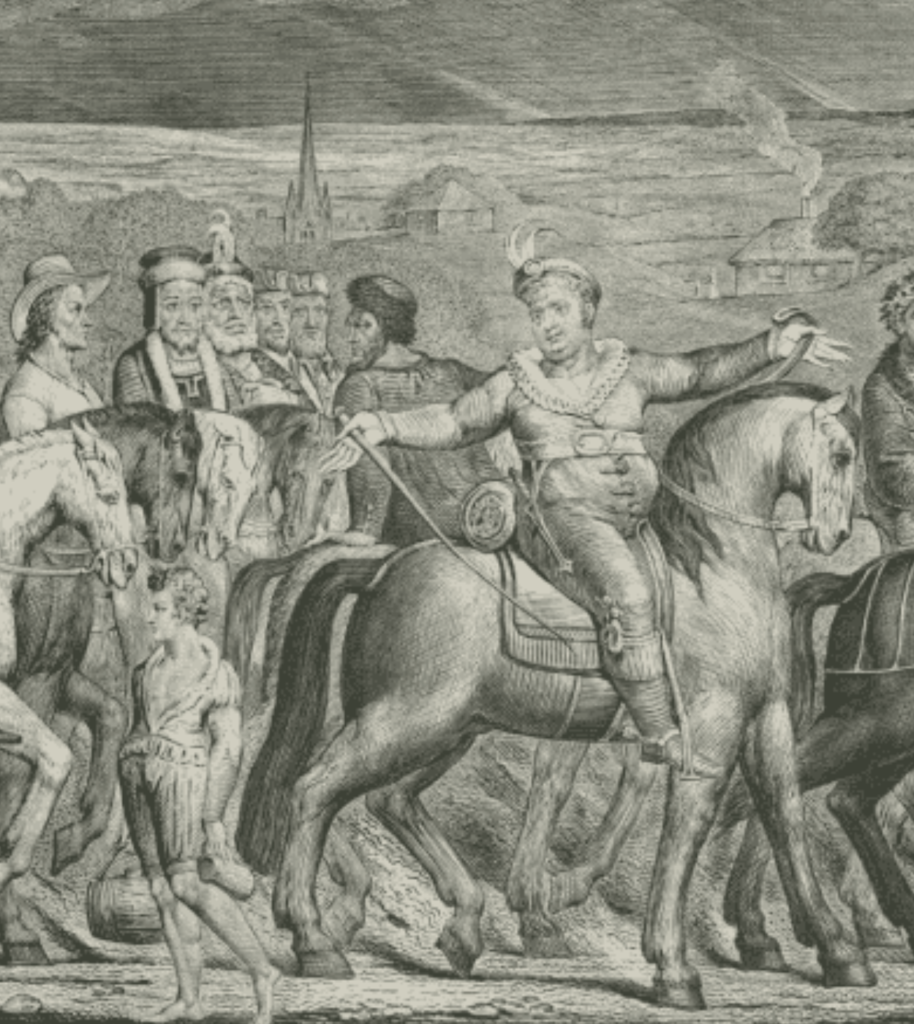Possible Setting: 1500s, the pilgrims instead hook up with three different families, with oral traditions of their own.
Irish Travellers, (Irish: an lucht siúil, meaning “the walking people”), also known as Pavees or Mincéirs[3], Egyptians (referring to people called Egyptians, not natives of the country Egypt) in England were self-described ‘wanderers’, and Romani, also spelled Romany or Rromani (original name is from the Sanskrit word डोम (doma) and means a member of a Dalit caste of travelling musicians and dancers.[76].
They are en route during this 70-year period from 1531 to 1598 when the name ‘Egyptian’, as used in Henry III’s statutes, is not referring a to any one particular group of people, but a view and construction of a particular group shaped by legislators and governors.[7] Through the use of vague definitions surrounding itinerancy and non-nativity that could be applied with great discretion.
Maybe a huge bet is waged and the pilgrims lose. And one of the other groups go in their place. Or they don’t complete the journey, as everyone is being harassed by Henry III’s statutes for being wanderers…as any unemployed travellers were quickly escorted out of the area and into someone else’s parish, or and wanderers deemed to be vagabonds were even hanged.
Harry Bailly, Host, tour guide, and keeper of the Tabard Inn: Johnny Depp
Harry Bailly suggests the storytelling competition that is the frame for The Canterbury Tales. The Host joins the pilgrimage to Canterbury not as a figure seeking religious guidance but as guide and judge to the game. He demonstrates that the main purpose of this pilgrimage lies not so much in the devout religious act but in the fun that these tourists will have along the way. He promises to judge the tales the pilgrims tell, and resolve disputes among the pilgrims, keeping the storytelling contest from devolving into chaos. Harry Bailly gives advice about the stories tone and content, and even stops stories that he feels are poorly told. His ongoing commentary on the characters’ personalities and the themes of their stories helps readers follow Chaucer’s ideas more closely. Re: https://www.sparknotes.com; https://www.litcharts.com; https://bq.blakearchive.org/13.4.bowden
Thirty-one pilgrims each telling four tales, pilgrims never reach Canterbury, return journey is not described, and not all the pilgrims who appear in the poem’s prologue end up telling a tale, and it ends with Chaucer’s Retraction, in which he begs readers’ forgiveness for his work’s scandalous content and lack of wit. (an apology was typical of medieval literature). https://catholicherald.co.uk/pilgrimage-an-evolving-presence-in-a-changing-culture/
